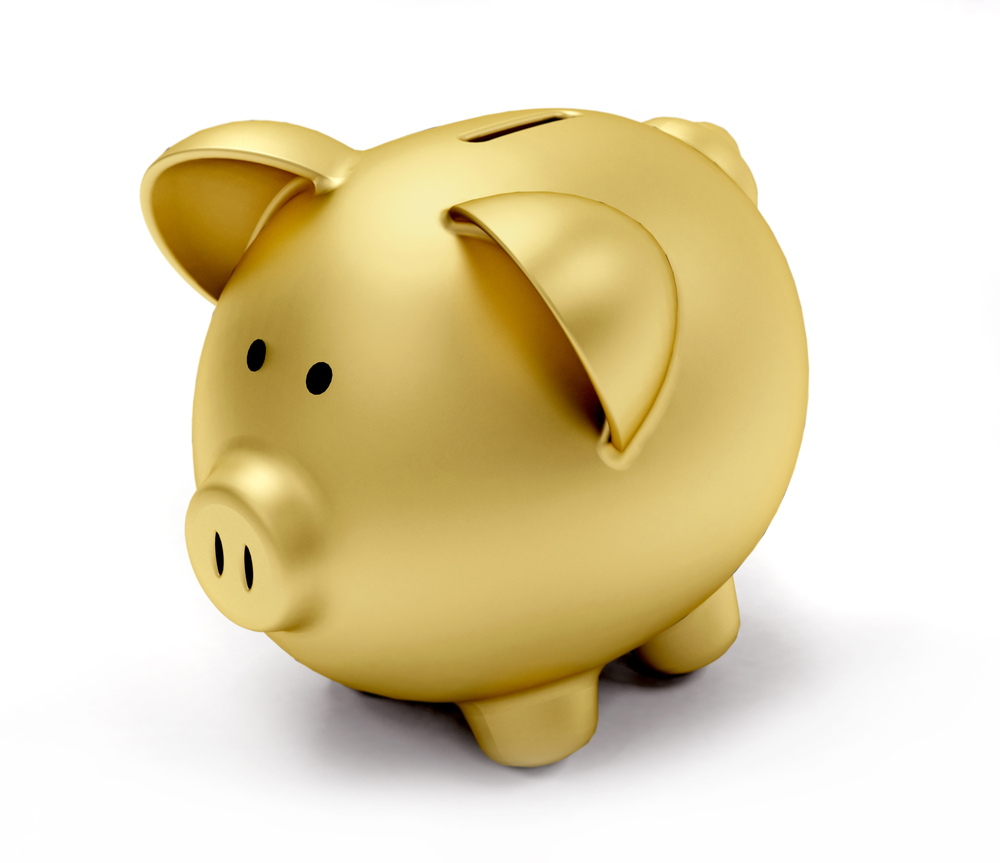How Accruing Interest Works on Savings Accounts
Putting your money into a savings account affords certain benefits. It offers a safe location for your hard-earned money, which is perfect for when...
Manage your everyday finances with convenient accounts, flexible cards, and personalized service designed to fit your life.
At First Federal Bank, we offer flexible mortgage solutions for almost any situation, helping you secure the right financing for your dream home.
Business banking offers secure financial management, streamlined transactions, credit options, and tools to help businesses grow efficiently and sustainably.
2 min read
First Federal Bank : July 30, 2021 10:00:00 AM EDT

 In the world of investments, certificates of deposit (CDs) occupy a middle ground. They provide you with a guaranteed interest rate in return for keeping a specific amount of money in an account for a set period of time. CD accounts typically offer better interest rates than traditional savings accounts, and are a less volatile option than stocks or bonds, although their returns are lower. They’re easy to open, too, with options available at most financial institutions.
In the world of investments, certificates of deposit (CDs) occupy a middle ground. They provide you with a guaranteed interest rate in return for keeping a specific amount of money in an account for a set period of time. CD accounts typically offer better interest rates than traditional savings accounts, and are a less volatile option than stocks or bonds, although their returns are lower. They’re easy to open, too, with options available at most financial institutions.
CD advantages
With higher interest rates, guaranteed returns, and federally insured protection, CDs are an exceptionally low-risk investment option. Per NerdWallet writer Spencer Tierney, this makes them a strong choice if you’re close to retirement and need a safe place to keep the wealth you’ve already gathered. Tierney notes CDs are also a good way to protect money that you’ve earmarked for a specific future purchase, like a vehicle or a home — you can grow what you’ve saved while removing the temptation to use it in other ways.
CD disadvantages
Depending on your financial needs, a CD might not be the right choice. Putting money in a CD locks it away for months or years at a time, denying you instant access to your savings. If you do need to withdraw money early, you’ll typically have to pay a penalty. The locked-in nature of a CD also means you won’t benefit if interest rates rise. If you’re looking to invest more aggressively, take on more risk, and grow your money faster, CDs aren’t the best way to do this — as a trade-off for their stability and safety, they’ll earn you far less over the same amount of time than regular stocks and bonds.
Elements of a CD
Wherever you open a CD account, you’ll encounter three elements: the principal, the term, and the interest rate. The principal is the lump sum of money that you deposit into the CD. The term is the length of time you agree to leave the money untouched inside the account — anywhere from several months to several years. The interest rate is the guaranteed amount your principal will grow by over the CD’s term. For example, if you deposit a principal of $2,000 for a term of five years and an annual percentage yield of two percent, you’ll end up with $2,208.16 once your CD has matured.
What happens when a CD term ends?
According to an article by Investopedia contributor Jason Fernando, you’ll have three options when your CD term ends. You can withdraw your money completely, roll it over into a new CD at the same financial institution, or place it in another type of account there. What you decide it up to you and how you plan on using the funds.
As you assess the wisest ways to invest your money and guard your wealth, placing funds in a CD could be a key part of your financial strategy. Consult a professional advisor or contact your financial institution to find out if opening a CD account makes sense for your goals and situation.

Putting your money into a savings account affords certain benefits. It offers a safe location for your hard-earned money, which is perfect for when...

As you near your target retirement age, you’ll want to reduce your existing debt to give yourself financial freedom. This includes paying off your...

The new year is a great time to think about your finances and set goals. You don’t have to call them, “resolutions,” if you don’t want to. But...
Manage your accounts, make payments, and more.
Open an account with us.